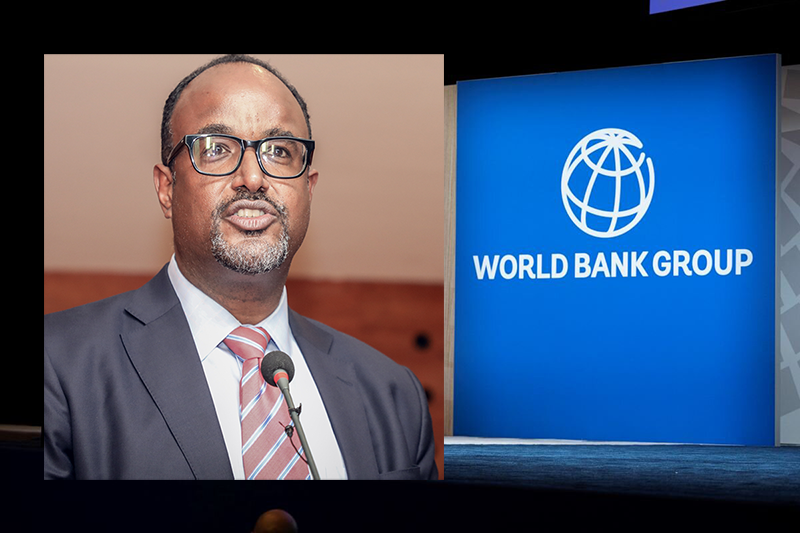- Featured
- No Comment
World Bank approves new Zimbabwe engagement programme

By Business Correspondent
THE World Bank has approved a new short-term engagement for Zimbabwe which is focussed on the country’s “immediate development priorities” and reaffirms its commitment to supporting the country’s “development priorities”, the global lender announced on Wednesday.
In a press statement, the World Bank Group (WBG) said the new Country Engagement Note (CEN) which will run for two years and is aligned with Harare’s Vision 2030 and the National Development Strategy 2021-2025.
The “CEN reaffirms the World Bank Group’s commitment to supporting Zimbabwe’s development priorities” and followed “extensive consultations with a wide range of stakeholders and analytical work conducted by the World Bank Group over the past two years”.
“The CEN is structured around two pillars,” the bank said in its statement.
“Pillar 1 aims to support the country in reducing macroeconomic distortions, strengthening fiscal policies, and improving economic governance, while fostering a more conducive environment for private sector-led growth.

“Pillar 2 aims to help build resilience by boosting pro-poor social services, empowering women, and delivering more efficient assistance to vulnerable households. It also supports resilience to climate change and supports the energy transition.”
Commenting on the development, WBG country director for Zimbabwe Nathan Belete said; “Zimbabwe has significant growth potential, with its well-educated workforce, abundant natural resources, and strategic location.
“Sustained, inclusive, and resilient growth will require building on recent reforms and advances in economic policy.
“We look forward to supporting Zimbabwe on this path towards a more prosperous economy that benefits both its people and the broader region.”
Aligned with the United Nations (UN) the WBG is the largest source of financial assistance to developing countries in addition to providing technical and policy advice. Based in the United States, the group comprises five institutions, including the International Finance Corporation (IFC).
“Promoting private sector development through a stable macroeconomic environment, broader, more reliable energy access, and targeted support for priority sectors through this CEN will be essential for creating jobs, promoting investment, and driving economic development,” said IFC regional director for southern Africa, Cláudia Conceição.

“We look forward to continuing to support Zimbabwe through our advisory and analytical programs to this end.”
Meanwhile, the CEN will support strengthening of the Harare government’s social protection system through improved targeting and implementation, enabling more efficient social assistance for the most vulnerable households, especially during crises such as the current drought.
“It will also work to improve the quality of healthcare services, especially in maternal and reproductive health,” the press statement added.
“Finally, the strategy will contribute to resilience to climate change by promoting renewable energy sources, improving landscape management, and establishing stronger disaster preparedness systems.”
The CEN is part of the World Bank’s four stage country engagement cycle and is normally “used to set out a short-term country engagement when country circumstances do not allow for a government and the WBG to develop a medium-term programme”.
